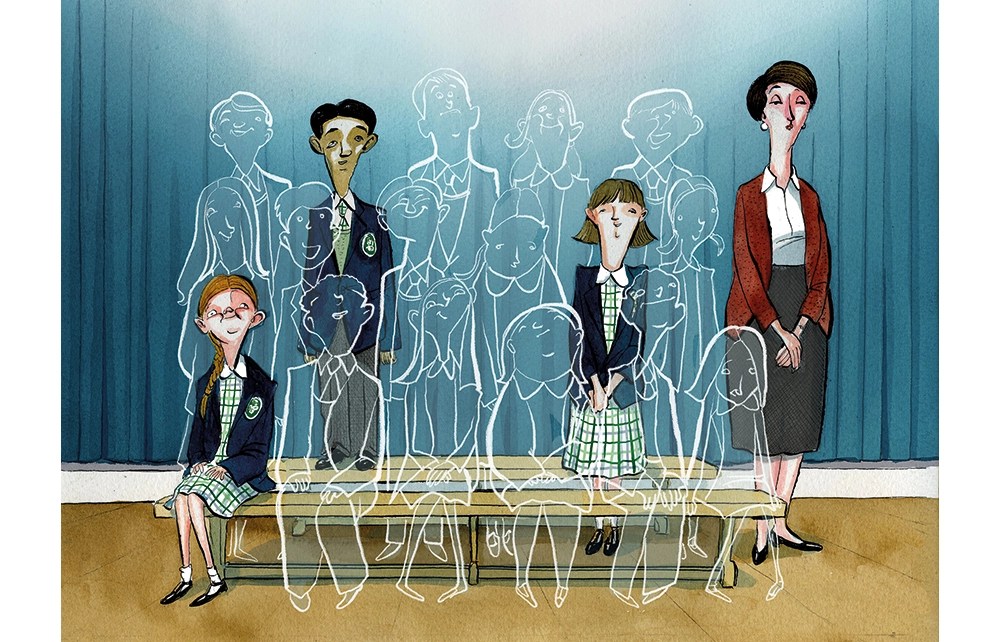Bridget Phillipson spent the morning setting out what she will prioritise in the Department for Education if Labour wins the election. The shadow education secretary parked her party’s tanks on the Tories’ lawn by giving a speech at the Centre for Social Justice, the thinktank co-founded by Iain Duncan Smith. She follows the shadow work and pensions secretary, Jonathan Ashworth, who also delivered a keynote speech on out-of-work benefits at the CSJ. Phillipson kicked off her address by praising Michael Gove for championing high expectations and standards during his time in the education brief – something that, she said, was no longer the case.
Labour MPs giving speeches at the CSJ will rile the Tories. But the bigger headache for Rishi Sunak is the issue Phillipson has chosen to champion: the ‘ghost children’ created by lockdown. She spoke first about the problems children had suffered in the classroom since the pandemic but then moved on to the even bigger issue – the children who are not there at all.
The problem for the Tories is that the register isn’t a particularly new idea
‘However excellent our teachers, however well-evidenced their approaches, however thoughtful our school leaders, they can’t teach children who aren’t there,’ she said. ‘We have a crisis of attendance in our schools and today that is the single biggest barrier to success for our children.’
She mentioned a school in Hastings where more than 47 per cent of the children were persistently absent in 2021/2022. It’s now well established that one of the consequences of lockdown, which saw children spend months out of the classroom, is the historically high levels of absence that have followed since in-class teaching returned. In 2019, just over 60,000 pupils were defined as ‘severely absent’. This rose by 134 per cent, to 140,000 last year, according to the CSJ.
In order to tackle this, Phillipson says a Labour government would legislate for a compulsory national register of home-schooled children as part of a package aimed at increasing attendance. Higher levels of mental health support and universal free breakfast clubs are also in the mix. This register would provide much clearer information about where the ‘ghost children’ are.
Under the proposed plans, councils would have a legal duty to keep a register of all children who are not in school, while parents would have to provide information about the education their child is receiving at home. At the moment, there are very few checks on children withdrawn from the state school system – with no mandatory inspections at home.
The problem for the Tories is that the register isn’t a particularly new idea. Instead, it is meant to be one of their policies. A compulsory national register of home-schooled children was in the 2022 Schools Bill – before the legislation was scrapped. Education Secretary Gillian Keegan has said that the register remains a priority. But with the clock ticking in an election year, without action it may well fall to Labour to try to enact plans to which the Tories only paid lip service.







Comments